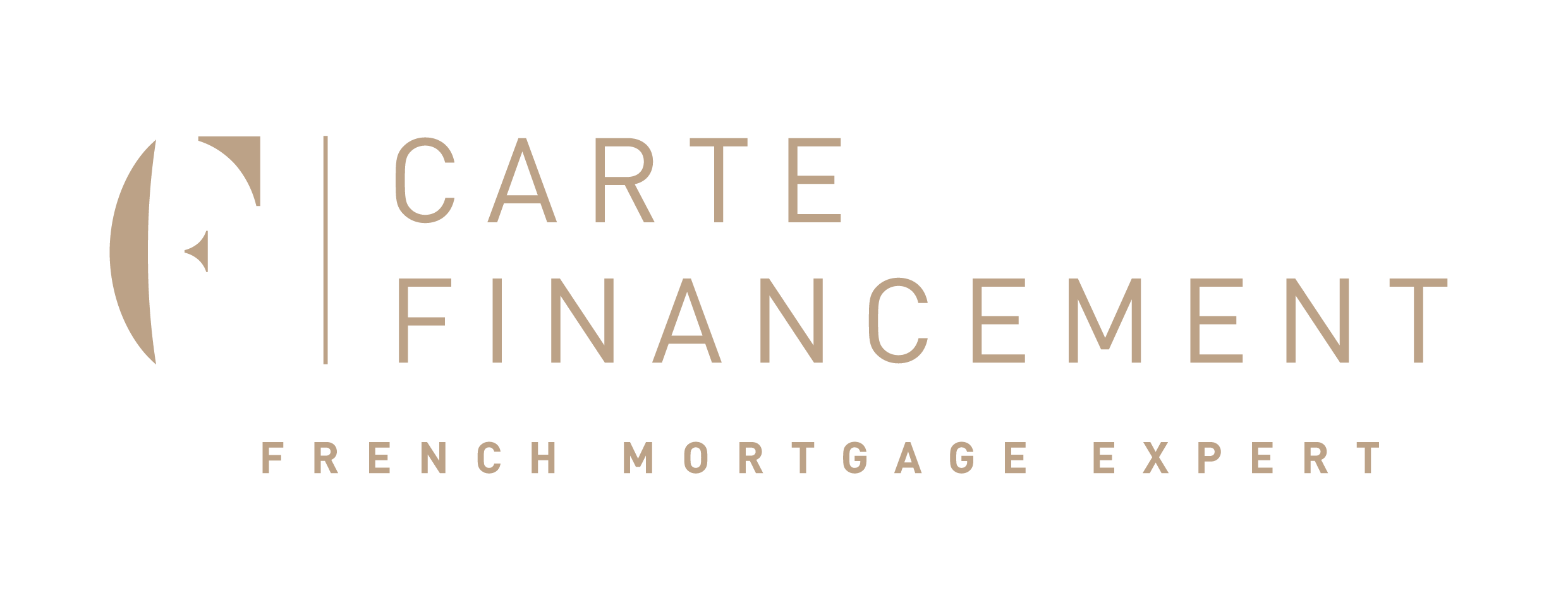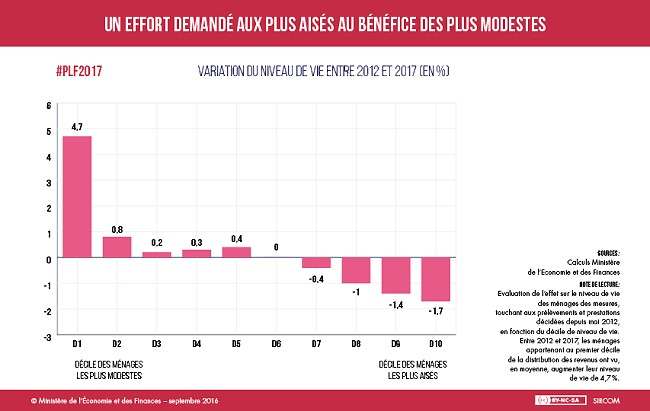When expatriates buy a property with a loan, French banks now require a personal deposit of at least 30% of the total amount of the transaction, including notary fees as well as bank or brokerage fees. It is therefore essential to be able to access funds available in France. If you already have your deposit but it is located abroad in your country of residence, you need to know how to transfer this money to France.
Transferring cash to France
To transport €10,000 or more to France in cash, a customs declaration is required (available free of charge). Cash means bank notes and coins, cheques and travellers’ cheques, electronic money and bullion and gold coins.
This applies whether you come from a foreign country or from a European Union country, whether you are resident or non-resident in France, and whether you are French or not.
A customs declaration is also required if members of the same family each transport cash and the total amount of their funds equals or exceeds €10,000 and they share a common interest.
If the customs declaration is not made, the persons committing the offence (whether or not they own the cash) will be liable for a fine equal to half of the amount involved and the funds transported will be confiscated by customs officials.
Transferring funds to France by bank transfer
Non-residents applying for a property loan most often transfer their deposit to France by making a bank transfer to the notary in charge of the transaction or to another bank account. To do this, you only require the recipient’s first name, surname, IBAN and BIC (also known as SWIFT code).
If the transfer involves a large sum, the banks will verify its origin for anti-money laundering purposes. If they have any suspicions, they may alert the financial intelligence agency, Tracfin.
In most cases, your bank will charge a transfer fee. If it is a SEPA transfer (made from a European Union country), the fees are generally insignificant. Higher fees will be charged for a transfer made from outside the European Union. Foreign exchange fees will also be charged to transfer amounts in a currency other than the euro.
To limit these exchange fees, Carte Financement has a preferred partner specialising in foreign exchange transactions and international payments. Our partner operates in more than 240 countries. Transactions are processed within 48 hours of receiving all the required information. Our partner is two to four times cheaper than traditional banks and processes transactions at real time exchange rates. Most of the time banks apply a single price, known as the fixing price, which conceals their margins. To optimise the exchange rate for your deposit with our partner, click here.
Anticipate currency controls
From an administrative point of view, also check any foreign exchange conditions applicable for transfers between your country and France.
Some countries, such as China, Venezuela and Algeria, are subject to currency controls on the transfer of funds outside the country. Consult your bank or a specialist lawyer if necessary to find out how to proceed.


